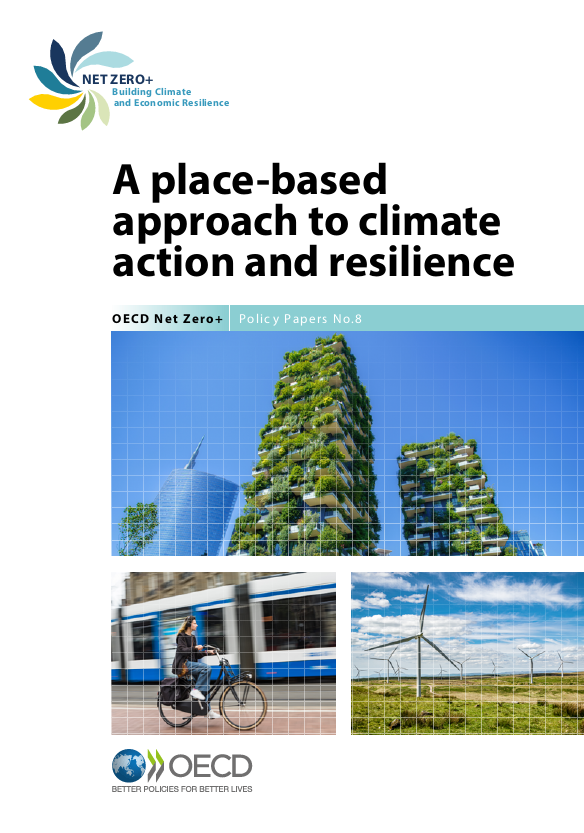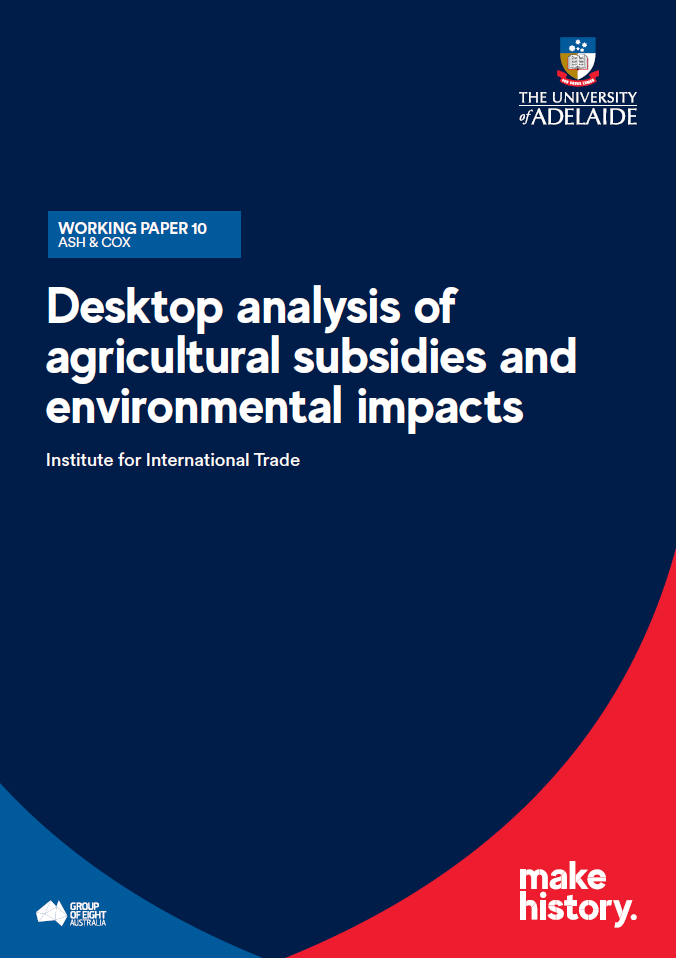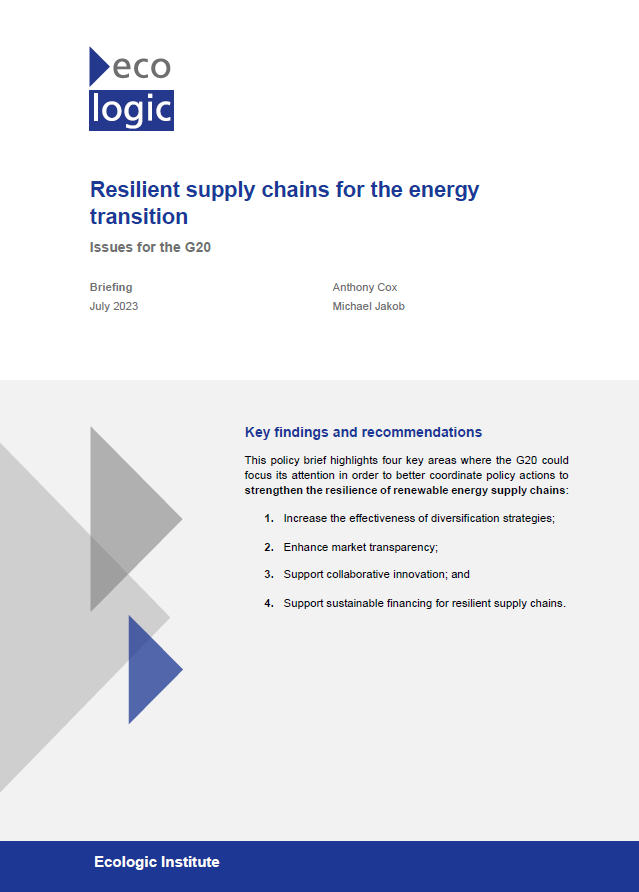
© OECD, 2025
A Place-based Approach to Climate Action and Resilience
OECD Net Zero+ Policy Papers No.8
- Publication
- Citation
OECD (2025), "A place-based approach to climate action and resilience", OECD Net Zero+ Policy Papers, No. 8, OECD Publishing, Paris, https://doi.org/10.1787/fafbf518-en.
Current climate action is falling short of meeting global climate goals. To get back on track, action is needed at all levels. Place-based climate action – i.e. policies targeted or tailored to the circumstances of different places – can work with the grain of local markets, leverage the funding and powers of sub-national governments and mobilise local communities to deliver meaningful change. This paper, prepared by Anthony Cox (Senior Policy Advisor at Ecologic Institute), reviews the case for place-based climate policies and actions and outlines challenges and opportunities in four key policy areas:
- supporting the transition of businesses and workforces to net zero;
- investing in climate-resilient infrastructure;
- stimulating climate innovation; and
- enhancing financing for place-based climate action.
Additionally, it outlines a framework for place-based climate action by sub-national governments.






